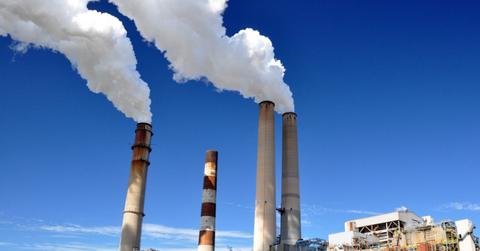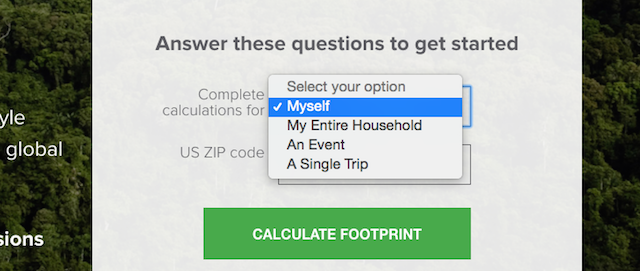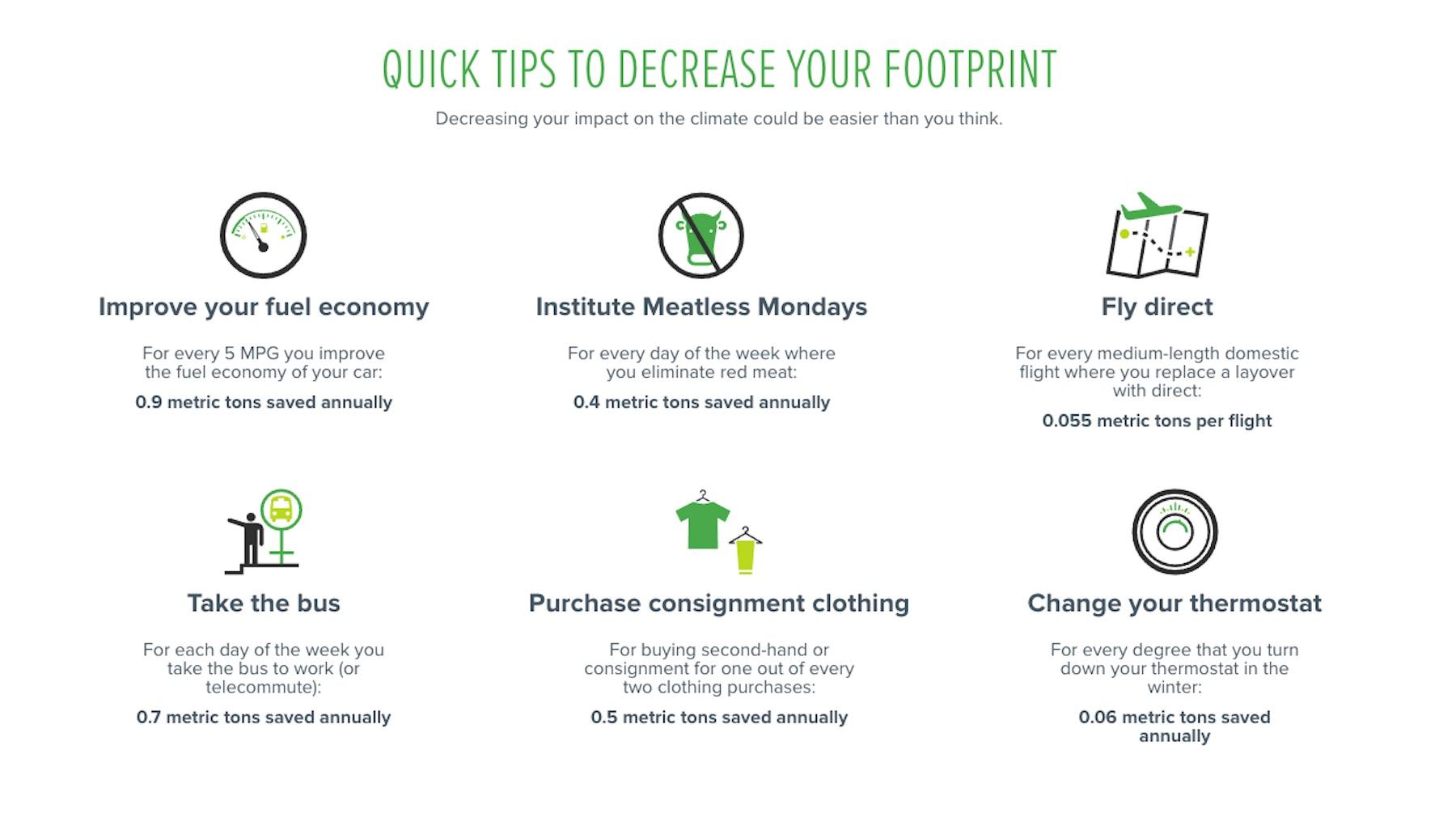New Carbon Calculator Will Help You Make Better Choices For The Planet
A revamped carbon calculator is encouraging people to pick up the slack on reducing carbon emissions in a few simple steps.
Updated May 26 2019, 7:22 p.m. ET
More and more people are wondering how they can contribute to slowing the climate changes that are affecting our planet on every front. Fast Company reports that non-profit Conservation International is offering a reliable source for helping folks figure out how they can be more conscious in their everyday decision to reduce their carbon footprint. Their Carbon Calculator has been remodeled to help you figure out how you're drawing resources from the Earth, and suggests ways you can alter your daily habits to benefit the world.
“What we’ve really noticed lately is that climate change has really become a personal issue for people,” Shyla Raghav, climate change lead at Conservation International, told Fast Company. “It’s no longer someone else’s problem. There’s a recognition that we all have a role to play. By having access to this information, it empowers each of us to make decisions about our daily choices and our lifestyle that will have an impact on the planet.”
The interest in how one could be more environmentally conscious has increased over the past year. While we need to change things at the top level, making small changes in our habits can produce far-reaching results. The Carbon Calculator is a huge help with that, and is versatile enough for all sorts of circumstances.
Climate International directs most of their programs towards repairing deforestation, which is of of the less funded but extremely effective forms of fighting carbon emissions. If your carbon footprint is higher than average, or you wish to contribute to the work of reducing it, the calculator will suggest a donation to you in the appropriate amount. Though donations are verified and can be used as carbon credits.
The calculator also has some clearcut suggestions for how to reduce on your own:
Researchers at Conservation estimate that solutions based on forestry and growth would cover almost 30% of need when it comes to fighting climate change, but organizations committed to that work only receive about 2% of climate finance.
“We’ve tied this calculator to a type of solution that oftentimes gets ignored, and that’s nature,” Raghav explained, adding, “We really see this as a missed opportunity for all of us in the climate conversation. We wanted to feature and to demonstrate the link between climate change and data.”
On average, Americans produce 21 tons of carbon a year per person. That's much higher than in Europe, which has an average of 8 tons, or less developed nations like India where the average is only 4. To meet the goals set in the Paris Climate Agreement, everyone would have to reduce their output by 2 tons a year. Time to get started, and there's no moment like now.


